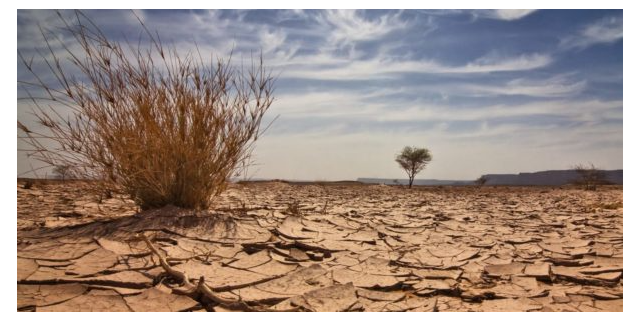In 2015, the comity of Nations put in place Paris Agreement, a legally binding international treaty on climate change. The agreement is considered a landmark effort in addressing Climate Change, it is a binding agreement that brings together nations for a collective cause to embark on determining work to fight climate change and adapt to its consequences.
Besides the Paris Agreement, the United Nations in its General Assemblies has since made climate change a fundamental of its discourse. Good as these ambitions look, one major obstacle to addressing climate is the inability of government and the none state actors to strategically communicate to the citizens that will spur action for its mitigation.
As the Nigerian state aligns with the rest of the world to mitigate climate change impact, it has become difficult for the state, the media, and other none state actors to effectively communicate it to the citizens for a unified understanding that will trigger huge mitigation efforts across board.
One key challenge in communicating Climate Change is many cases of misinformation and rumours that make it difficult for the citizens to believe that it is real. The misinformation that often comes from reputable media, quacks that parade themselves as experts, and opinions, pushes narratives that climate change is a scam and not real.
Although the media plays its role in reporting climate change, it has purely been based on news reporting with no expert analysis to educate people on the impact. And in many of the news reportage, there were volumes of unverified information online, and, even on the mainstream media.
Some persons who spoke to MAWA-Foundation say the media approach in reporting issues around climate change which they often believe are not verified are major reasons they stopped believing climate change exists.
Many of the media houses do not have trained journalists that have the expertise in strategic communication in environmental reporting that allows for information accuracy, data sourcing, and verification. But, rather report climate change just like other conventional news.
Considering that Climate Change is an environmental and public health issue, journalists and the media do not have the understanding of the science to improve risk communication to the public and reduce inappropriate concerns, and misconceptions.
Often, the media and journalists concentrate on making news out of the Climate Change situation rather than effective communication that will allow for a general understanding that will help the larger population take precautions.
Many persons, especially the rural residents who spoke to MAWA-Foundation say their response and behaviourial change towards climate change has depended on how they have received, perceived, and acted on the information provided by governments and their agencies. They say communication messages from the government on climate change were not clear and not delivered through appropriate platforms, tailored for diverse audiences, and shared by trusted people.
The government in communicating climate change is not engaging a diversity of community groups and is not making enough effort in countering fake news and misinformation being spread on social media. The Nigerian government and none state actors fail to realize that citizens’ response to climate change information and messaging is heavily influenced by their cultural and social identity, age, gender, and access to resources, and there appears to be no effort to address that.
As part of the government’s efforts to address climate change, the country has put in place legislation (Climate Change Act) and established Climate Change Council. Good as this looks, the Council is yet to effectively coordinate and work with other stakeholders to promote and enhance community engagement that will lead to effective communication and desirable response.
Citizens’ responses
A good number of Nigerians particularly the low-income earners who spoke to MAWA-Foundation consider Climate Change as a scam and a narrative pushed by the government and its international community allies to make something that does not exist as though it exists.
How government should address poor communication
The government must adopt public-private partnerships in the communication and campaign messages, with different segments of society and the locals whom the messages are targeted at playing a critical role in its design and dissemination. In message dissemination, the government must strive to find and make use of the most trusted medium of communication by the communities.
Audu Libert Oseni,
MAWA -Foundation Coordinator


Great analysis